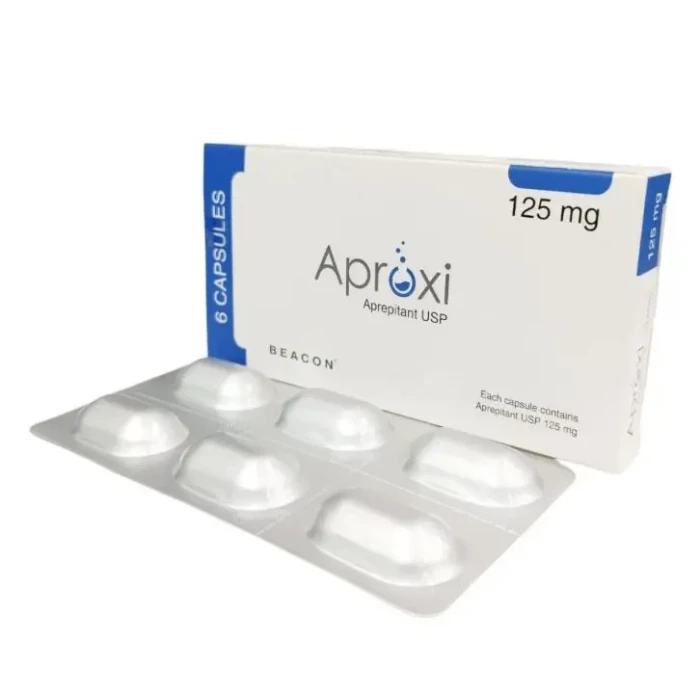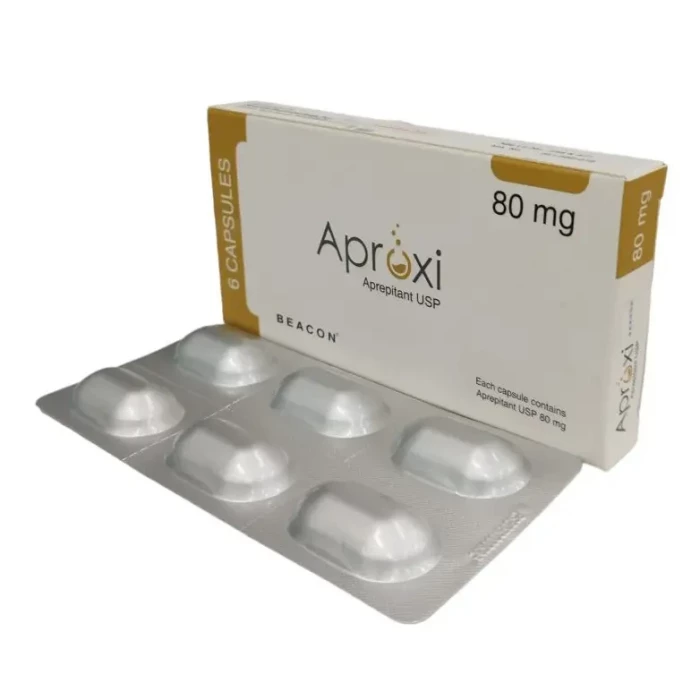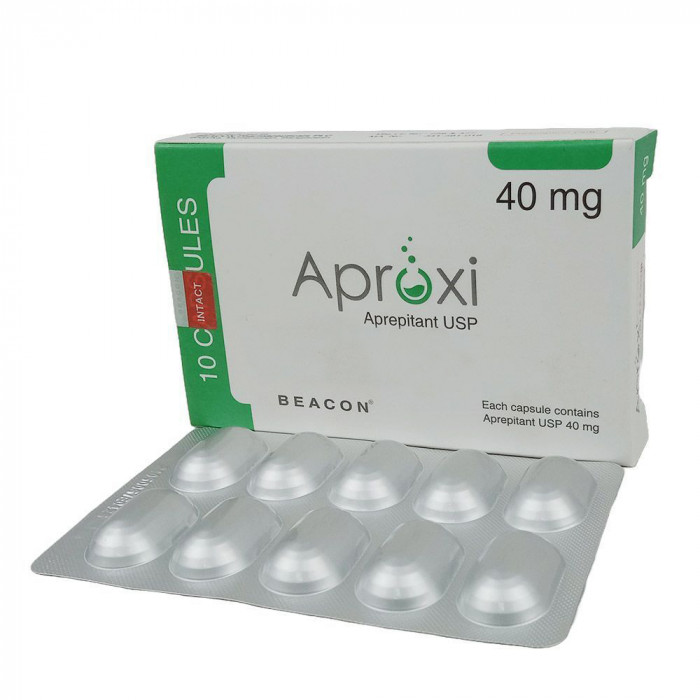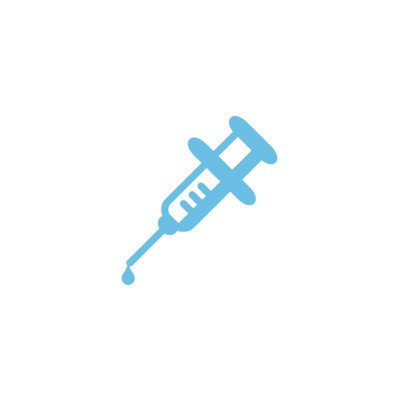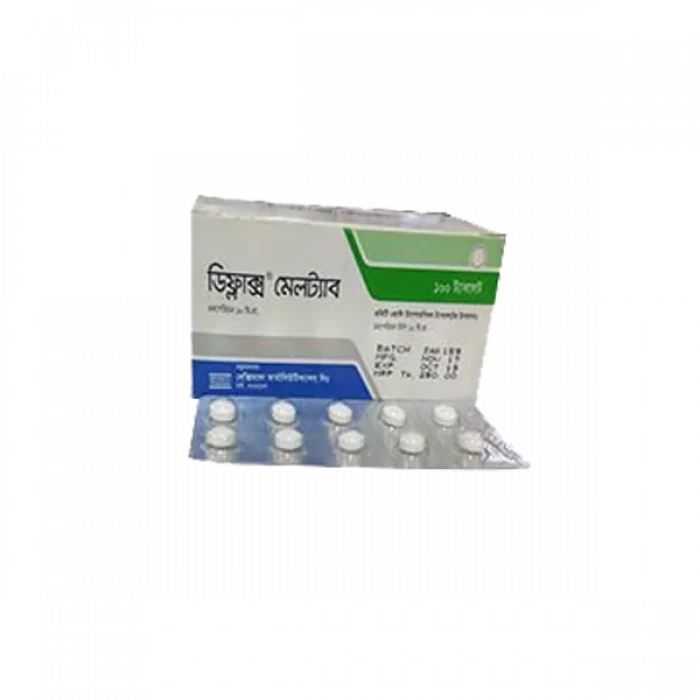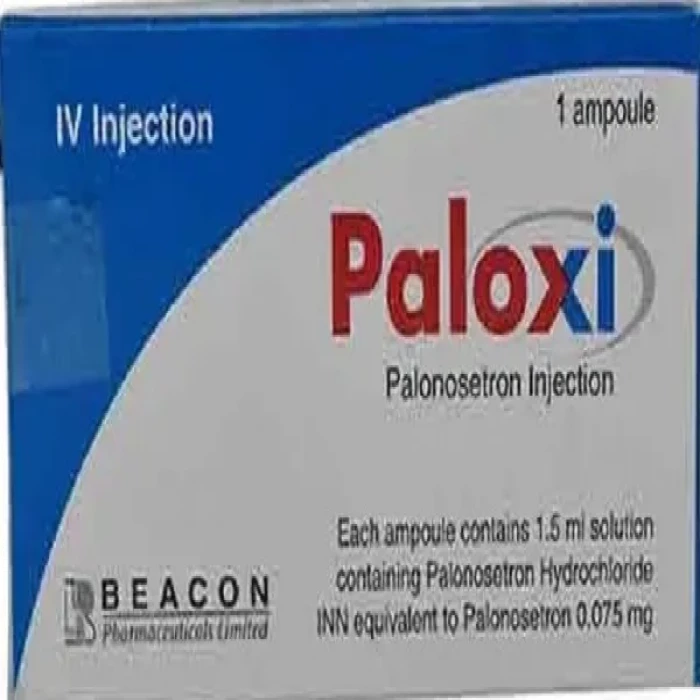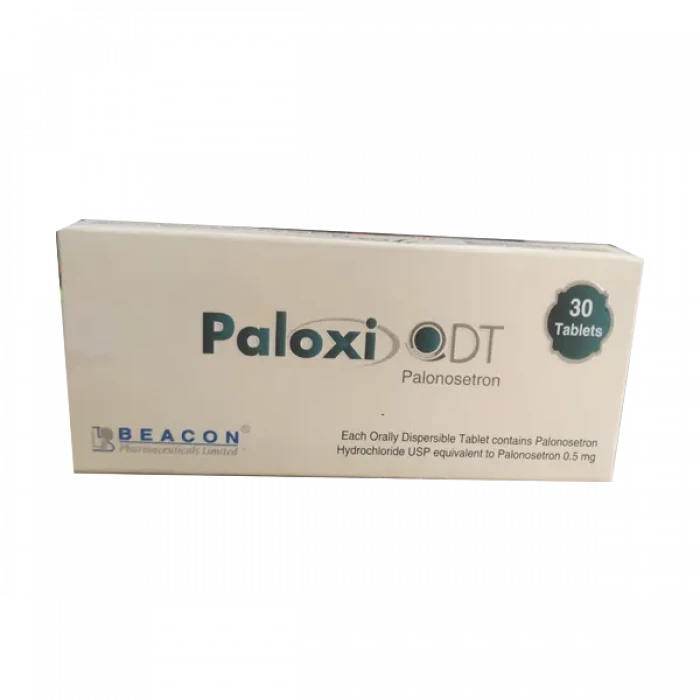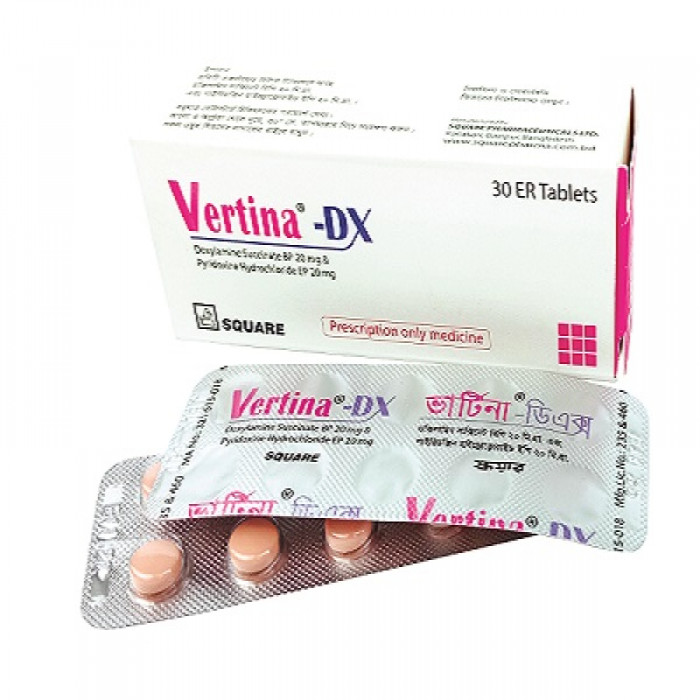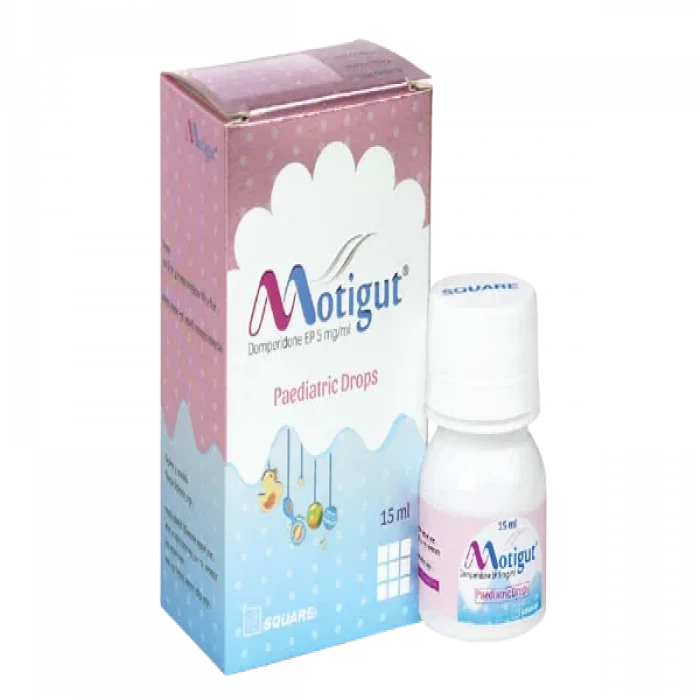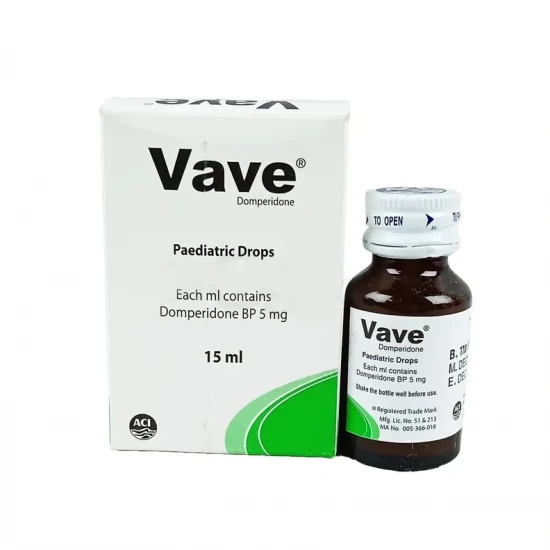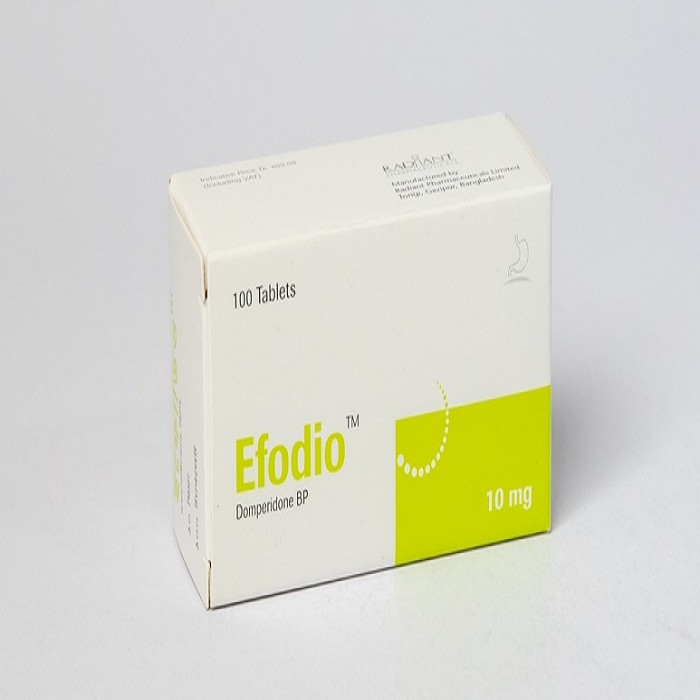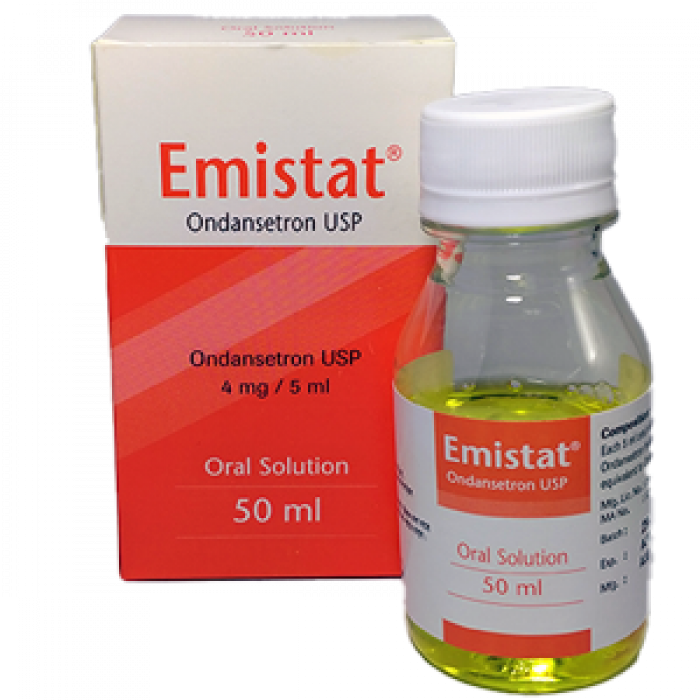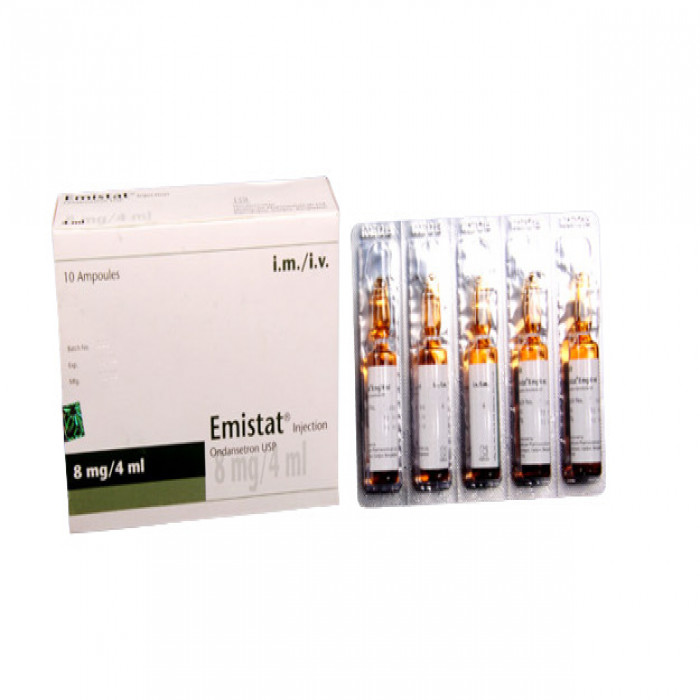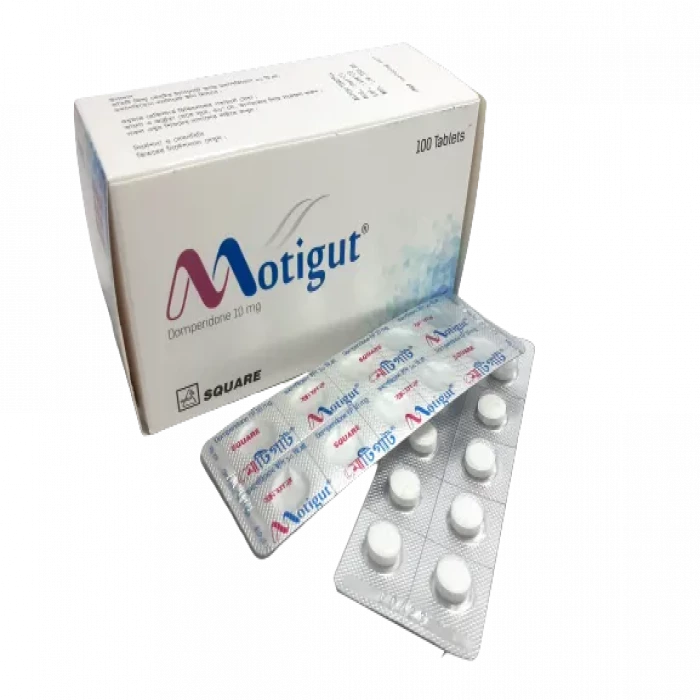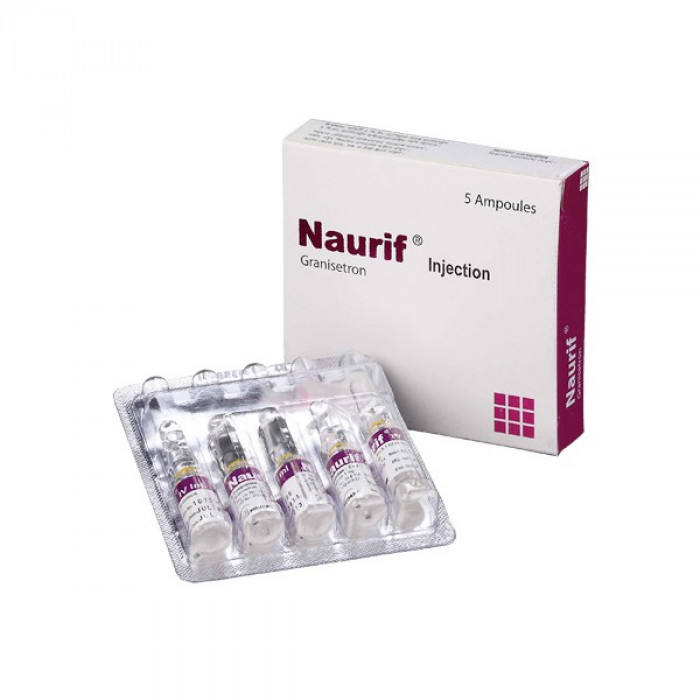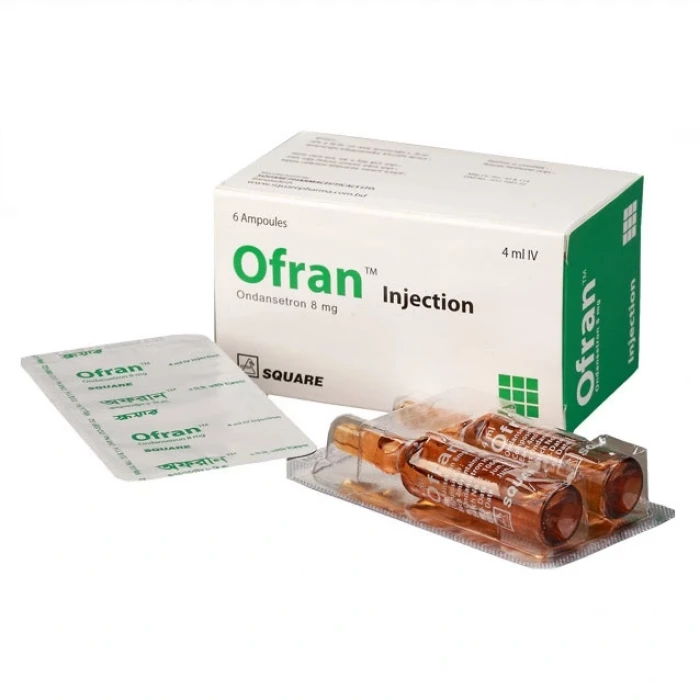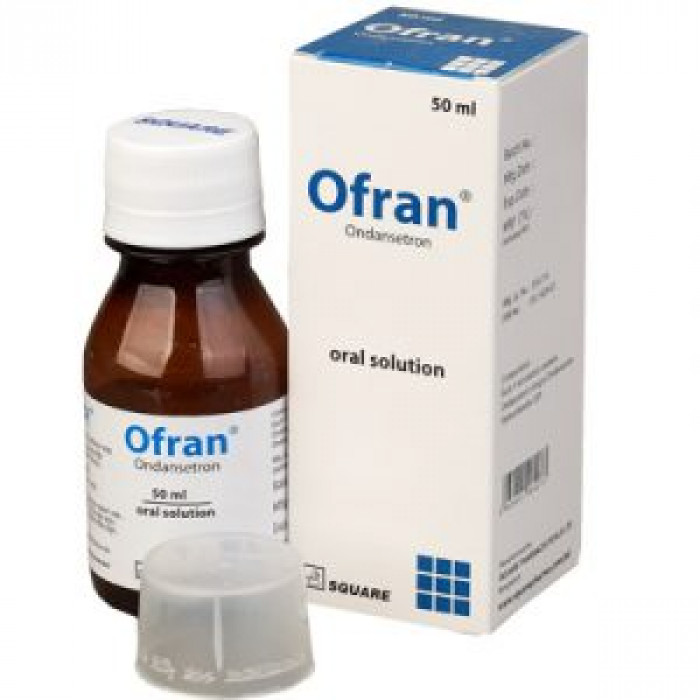
✔ 100% Authentic Product
👁️ Currently Viewing 1095
Type: Suspension Generic Name:Domperione 5mg/5ml: suspension Manufacturer/Distributor: ziska
Discount
Price: ৳ 33
MRP:
৳
35
6%
Off

100% Genuine Products, Guaranteed

Safe & Secure Payments, Always

Fast, Secure & Efficient Delivery

Proper Packaging
 Cash on Delivery - All over Bangladesh
Cash on Delivery - All over Bangladesh Regular Delivery - 12-24 Hours, Dhaka City* Charge Tk.39-59
Regular Delivery - 12-24 Hours, Dhaka City* Charge Tk.39-59 Regular Delivery - 24-48 Hours, Other Cities* Charge Tk.99-110
Regular Delivery - 24-48 Hours, Other Cities* Charge Tk.99-110
 ফ্রি ডেলিভারিঃ - ৯৯৯ টাকা+ অর্ডারে, ঢাকা
শহরে
ফ্রি ডেলিভারিঃ - ৯৯৯ টাকা+ অর্ডারে, ঢাকা
শহরে ফ্রি ডেলিভারিঃ - ২৯৯৯ টাকা+ অর্ডারে, ঢাকার
বাহিরে
ফ্রি ডেলিভারিঃ - ২৯৯৯ টাকা+ অর্ডারে, ঢাকার
বাহিরে
100% Genuine Products, Guaranteed
Safe & Secure Payments, Always
Fast, Secure & Efficient Delivery
Proper Packaging
 Cash on Delivery - All over Bangladesh
Cash on Delivery - All over Bangladesh Regular Delivery - 12-24 Hours, Dhaka City* Charge Tk.39-59
Regular Delivery - 12-24 Hours, Dhaka City* Charge Tk.39-59 Regular Delivery - 24-48 Hours, Other Cities* Charge Tk.99-110
Regular Delivery - 24-48 Hours, Other Cities* Charge Tk.99-110 ফ্রি ডেলিভারিঃ - ৯৯৯ টাকা+ অর্ডারে, ঢাকা
শহরে
ফ্রি ডেলিভারিঃ - ৯৯৯ টাকা+ অর্ডারে, ঢাকা
শহরে ফ্রি ডেলিভারিঃ - ২৯৯৯ টাকা+ অর্ডারে, ঢাকার
বাহিরে
ফ্রি ডেলিভারিঃ - ২৯৯৯ টাকা+ অর্ডারে, ঢাকার
বাহিরে
✅ Description:
Indications of Domidon
Delayed stomach emptying, gastroesophageal reflux, and esophagitis are all symptoms of dyspeptic symptom complex.
Upper abdominal pain, feeling of abdominal distension, and epigastric fullness
Eructation, flatulence, and early satiety are all symptoms of early satiety.
Vomiting and nausea
Regurgitation of stomach contents into the mouth, with or without heartburn
Dyspepsia without ulcers
Acute nausea and vomiting of functional, organic, infectious, or dietetic origin, as well as nausea and vomiting generated by radiotherapy or pharmacological therapy, and nausea and vomiting induced in migraine.
Dopamine agonist-induced nausea and vomiting in Parkinson's disease.
Increasing the speed of barium transit in follow-up radiological tests.
Pharmaceutical Name of Domidon
Pharmacology
Domperidone is a dopamine agonist that works by blocking dopamine receptors in the ChemoreceptorTrigger Zone (CTZ) in the stomach. Its gastroprokinetic function is based on the inhibition of dopamine receptors in the gastrointestinal tract, which impact motility. Domperidone has essentially no effect on dopaminergic receptors in the brain due to its poor penetration across the blood-brain barrier, hence avoiding psychotropic and neurologic adverse effects. Domperidone restores normal upper gastrointestinal motility and tone, aids stomach emptying, improves antral and duodenal peristalsis, and modulates pylorus contraction. Domperidone also inhibits gastric regurgitation by increasing esophageal peristalsis and lowering esophageal sphincter pressure.
Dosage and Administration
Domperidone should be taken 15-30 minutes before meals and, if necessary, before retiring.
The usual recommended oral dose of Domperidone is as follows:
Adults: 10-20 mg (1-2 tablet or 10-20 ml suspension), every 6-8 hours daily. The maximum dose of Domperidone is 80 mg daily.
Children: 2-4 ml suspension/10 kg body weight or 0.4-0.8 ml paediatric drops/10 kg body weight, every 6-8 hours daily.
In dyspeptic symptom:
Adults: 10-20 mg (1-2 tablet or 10-20 ml suspension), every 6-8 hours daily.
Children: 0.2-0.4 mg/kg (2-4 ml suspension/10 kg or 0.4-0.8 ml paediatric drops/10 kg) body weight, every 6-8 hours daily.
In acute and sub-acute conditions (mainly in acute nausea and vomiting):
Adults: 20 mg (2 tablets or 20 ml suspension), every 6-8 hours daily
Children: 0.2-0.4 mg/kg (2-4 ml suspension/10 kg or 0.4-0.8 ml paediatric drops/10 kg) body weight, every 6-8 hours daily. (In acute nausea and vomiting maximum period of treatment is 12 weeks).
By rectum in suppositories:
Adults (including elderly): 30-60 mg every 4-8 hours.
Children: The maximum daily dose rectally in children's is 30 mg for those weighting 10 to 25 kg. The dose may be divided throughout day if necessary.
The maximum period of treatment is 12 weeks.
Interaction of Domidon
Bromocriptine's hypoprolactemic impact may be reduced by domperidone. Antimuscarinics and opoid analgesics may counteract Domperidone's effect on Gl function. When domperidone is used with MAO (monoamine oxidase) inhibitors, caution should be exercised.
Contraindications
Domperidone is not recommended for patients who have a known hypersensitivity to the medicine or for neonates. When gastrointestinal stimulation is potentially harmful, such as gastrointestinal hemorrhage, mechanical obstruction, or perforation, do not use domperidone. Patients with a prolactin-releasing pituitary tumor are also advised against taking it (prolactinoma).
Side Effects of Domidon
Domperidone should be used with extreme caution in children due to an elevated risk of extrapyramidal effects due to an incompletely established blood-brain barrier in young children. Domperidone should be taken with caution in patients with hepatic impairment since it is highly metabolized in the liver.
Pregnancy & Lactation
Because the safety of domperidone has not been established, it is not recommended for use during pregnancy. The teratogenic effect in the fetus has not been shown in animal research. Domperidone can help with galactorrhea and postpartum lactation. It's secreted in breast milk, but in such small amounts that it's not considered dangerous.
Precautions & Warnings
Domperidone should be used with extreme caution in youngsters, as an incompletely established blood-brain barrier may raise the risk of extrapyramidal symptoms. Because domperidone is strongly processed in the liver, it should be used with caution in people who have liver disease.
Storage Conditions
Store at or below 30°C, away from light and moisture. Keep out of reach of youngsters.
⚠️Disclaimer:
At ePharma, we’re committed to providing accurate and accessible health information. However, all content is intended for informational purposes only and should not replace medical advice from a qualified physician. Please consult your healthcare provider for personalized guidance. We aim to support, not substitute, the doctor-patient relationship.




